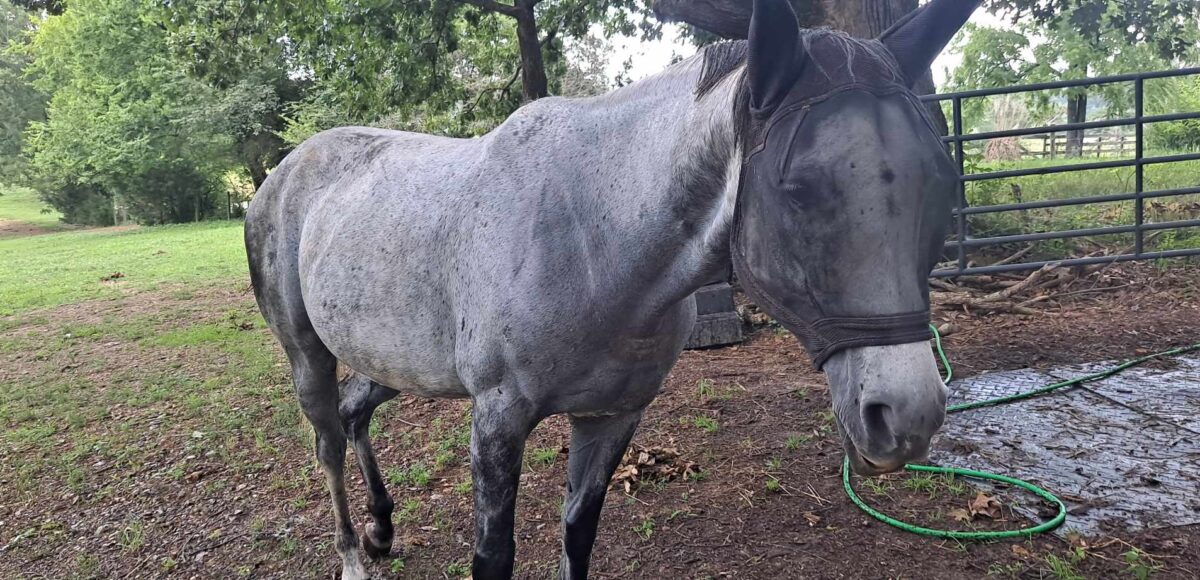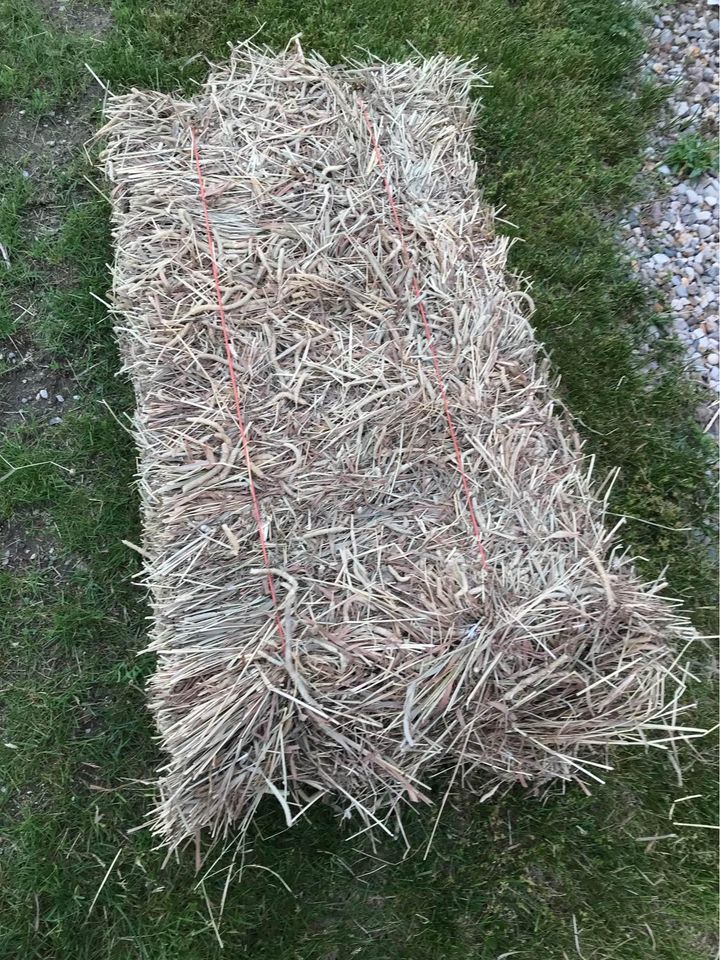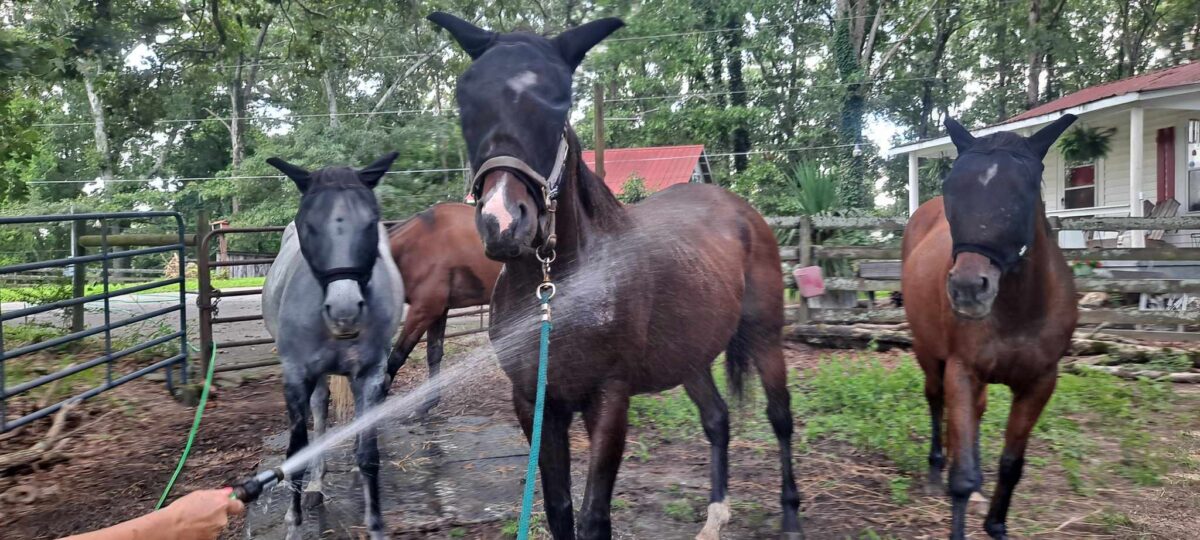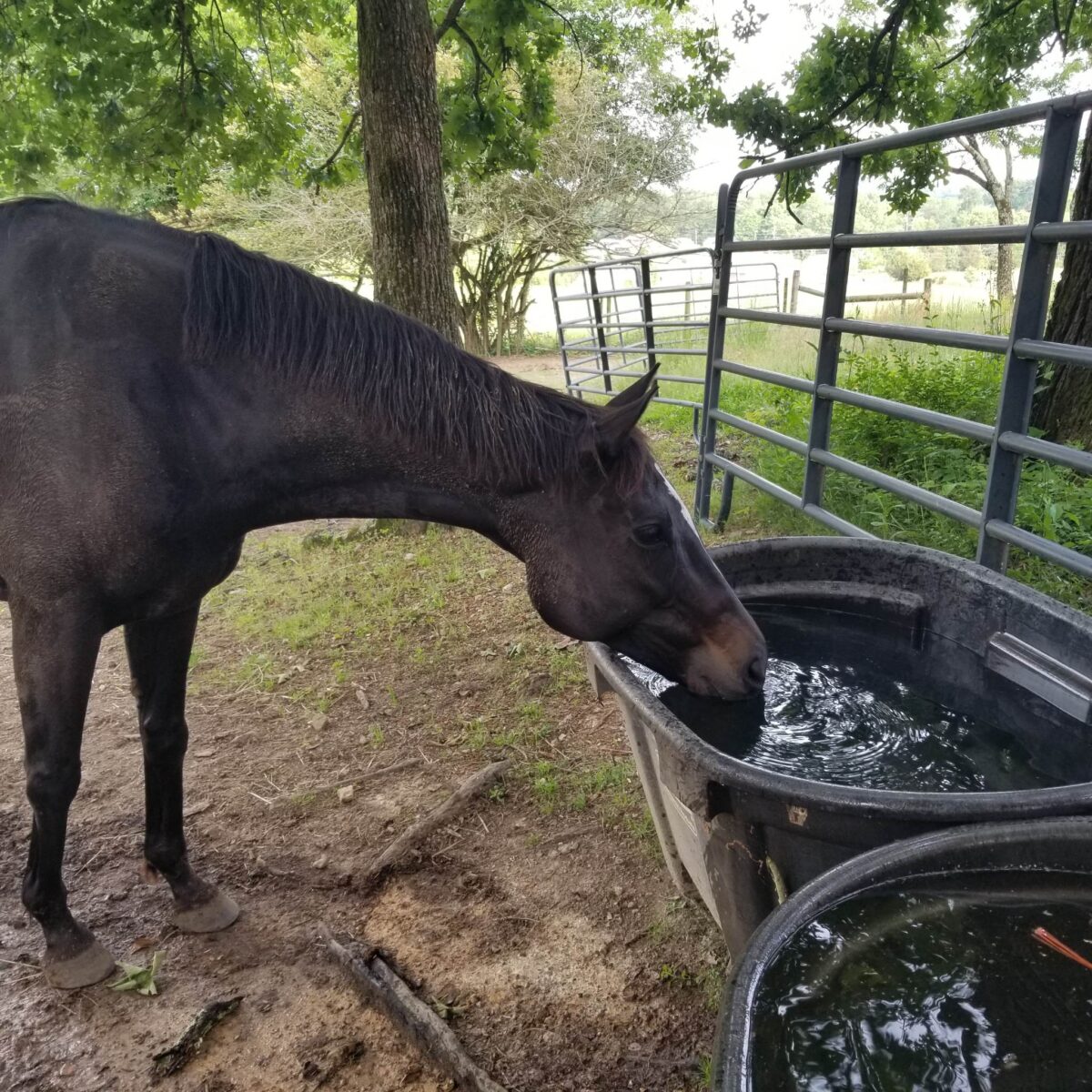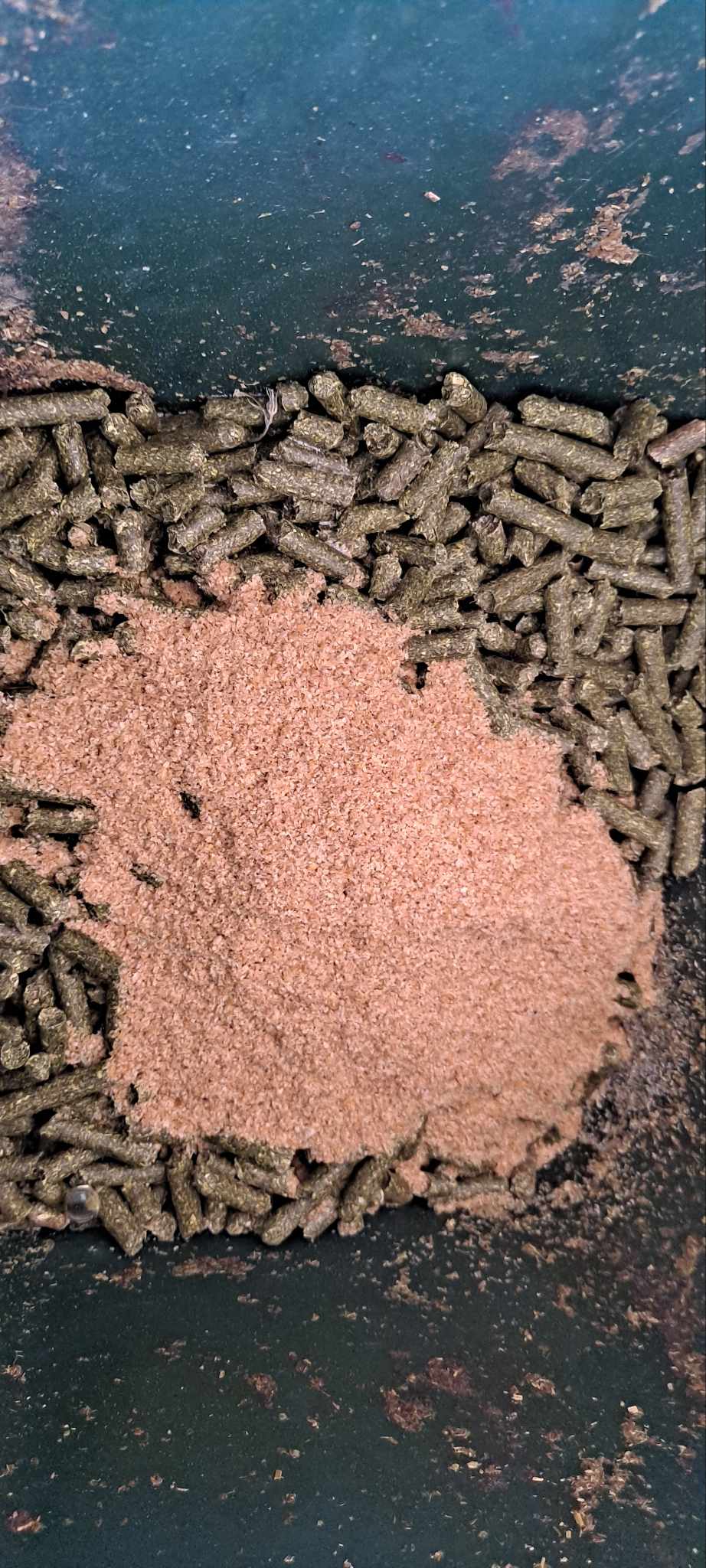Detecting ulcers in horses can be challenging, as symptoms can vary and be subtle. However, there are some common signs that may indicate the presence of ulcers. It’s important to note that a veterinary professional should be consulted for an accurate diagnosis. Here are some possible indications of ulcers in horses:
- Changes in Eating Behavior: Horses with ulcers may exhibit a decrease in appetite, pick at their food, or have a reluctance to eat. They may also exhibit behaviors such as chewing slowly, leaving food uneaten, or dropping weight.
- Poor Body Condition: Unexplained weight loss, a poor coat condition, or a lack of muscle tone despite appropriate feed and exercise could be signs of ulcers.
- Change in Attitude and Performance: Horses with ulcers may become irritable, exhibit behavioral changes, or demonstrate resistance during training or riding. They may display signs of discomfort, such as pinning their ears, biting, bucking, or reluctance to move forward.
- Gastrointestinal Symptoms: Some horses with ulcers may exhibit signs of gastrointestinal discomfort, such as frequent pawing, stretching out, or lying down more often than usual. They may also have bouts of colic-like symptoms or intermittent diarrhea.
- Sensitivity or Discomfort around the Girth Area: Horses with ulcers may exhibit sensitivity when tightening the girth or may display signs of discomfort when the girth is pressed against the abdomen.
- Changes in Behavior or Performance in Competition: Horses with ulcers may show a decline in performance, lack of focus, or inability to perform at their previous level during competitions or training sessions.
While these signs may be indicative of ulcers, it’s important to remember that they can also be associated with other health issues. If you suspect your horse may have ulcers, it is recommended to consult with a veterinarian who can conduct a thorough examination, including diagnostic tests such as gastroscopy, to provide an accurate diagnosis and develop an appropriate treatment plan.
Early detection and treatment of ulcers are crucial to ensure the well-being and comfort of the horse. Working closely with a veterinarian can help address the underlying causes, implement management changes, and provide appropriate medication or therapeutic strategies to support the horse’s recovery.

